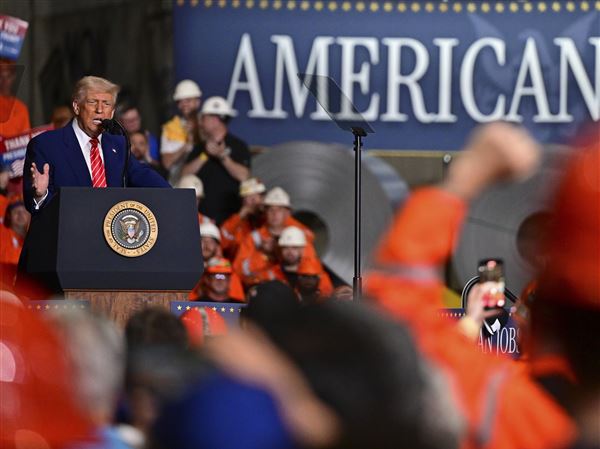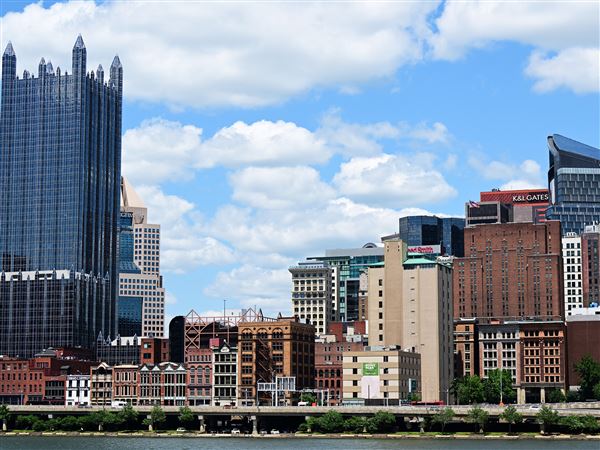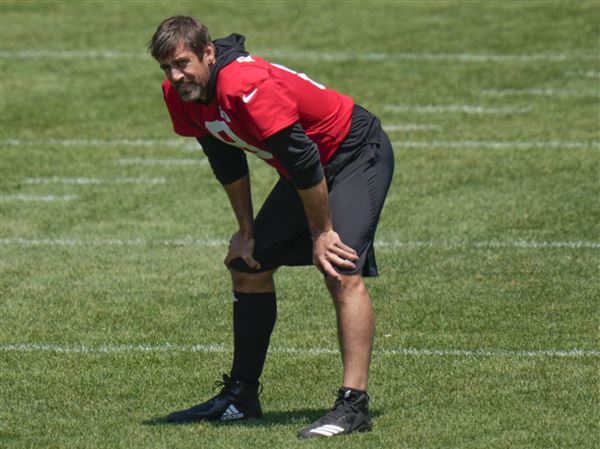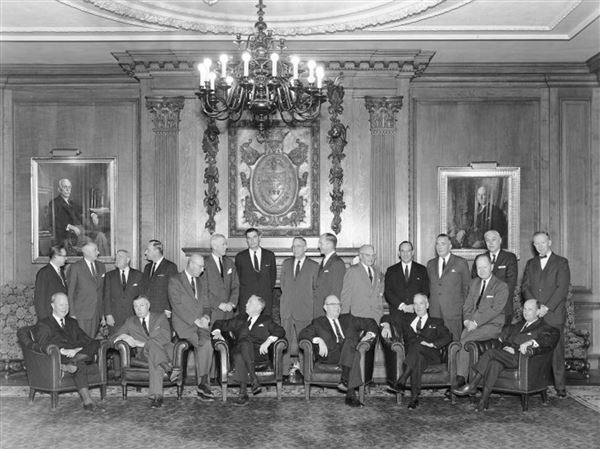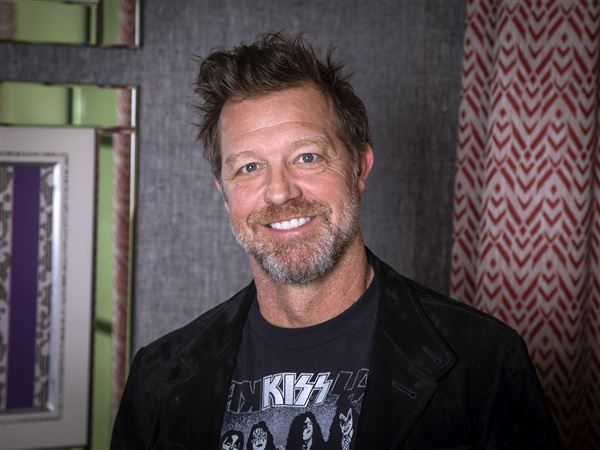The other evening I turned on the TV for the network news to see what had happened since I last read the morning newspaper. I consider this one of the pleasures of retirement, because for years I worked too late to get home in time for the national news.
I started with “NBC Nightly News,” my usual choice although sometimes I mix it up just to keep Lester Holt from becoming too cocky. The drill is that the first 15 minutes are devoted to uninterrupted news before the commercials begin.
Among the first reports, it was good to note the East was getting socked by snow and I wasn’t (I have settled in California) and airbags were exploding in other people’s cars. Meanwhile, President-elect Donald Trump was picking more foxes for his Cabinet hen houses.
After the parade of existential concerns, the ads began on cue. The first was for a website for accessories to protect vehicles from the weather, assuming, of course, they survived the airbag explosions.
Then came ads for Alka-Seltzer, the dyspeptic people’s champagne, Dawn, cleanser for the unwashed, Raisin Bran, regular friend of the irregular, and that old stand-by, Viagra, allegedly a treat for embarrassed women who in the ads wear a silly come-hither smile never seen in nature.
The ads made me feel old so I switched to ABC, just in time to catch an ad for Brilinta tablets, which are said to reduce the chance of stroke or heart attack. Then came a Capital One card commercial, perhaps because what’s in your wallet might pay some medical expenses.
The Alzheimer’s Association had its own ad and that was followed by an ad for Humira, taken for moderate to severe rheumatoid arthritis. In case that condition set in during my long wait for more news, I used the remote while I still could to switch over to CBS.
There I saw ads for Ensure Enlive, for rebuilding muscle, Coricidin, a cold medicine for high blood-pressure sufferers, Salonpas, a pain relief patch, and Eliquis, for blood clots associated with deep-vein thrombosis.
Who knew watching the news was such a geriatric habit. Clearly, advertisers know their audience is decrepit and like their pills with their news. For these viewers, calamity in the nation and world is matched by worries of constipation at home.
The thought comes to me that an industry depending on the continued interest of the pill-popping elderly and infirm may not have a rosy future. But it is threatened in other ways too.
The biggest loser in the election was not Hillary Clinton. It was the media, whose defeat continues. Mr. Trump ran as much against the media as he did against Ms. Clinton. The whole election was an exercise in kicking an old dog that was already beaten down.
After 50 years of lesser politicians trying, Mr. Trump finally persuaded the people to blame everything on those who would hold politicians accountable. He sold the theory that the media constitute one great liberal monolith marching in lockstep.
But that doesn’t reflect reality. Never before in history has news come from such diverse sources — and fake news is available to those who don’t find the real news slanderous enough and need a pain-relief patch for their brains.
The river of communication is less and less a mainstream than a river delta with dozens of mouths. Close to 40 percent of Americans get their news online now, according to a survey by the Pew Research Center in July, and the figure is 50 percent for young people 18 to 29.
While TV accounted for 57 percent of news viewed in the Pew report, that figure includes cable and local outlets as well as the networks where I and other gray-headed viewers go to be reminded of our health concerns.
Just 20 percent of Americans get their news from newspapers, the Pew survey found. For shame! I can’t help observing that when newspapers thrived, Americans had less appetite for political nonsense. Coincidence? I think not.
Blaming the tattered remnants of the mainstream media for all political ills is an outdated con game. The media didn’t decide this last election; it was just one influence among many.
And when the mainstream media are hounded at last to death, who will politicians blame then for the dire state of things? Not themselves, you can bet.
Pity there isn’t a pill to make people take personal responsibility for their views instead of reflexively blaming the old scapegoat. Maybe it could be advertised on network news.
Reg Henry: rhenry@post-gazette.com
First Published: December 14, 2016, 5:00 a.m.
